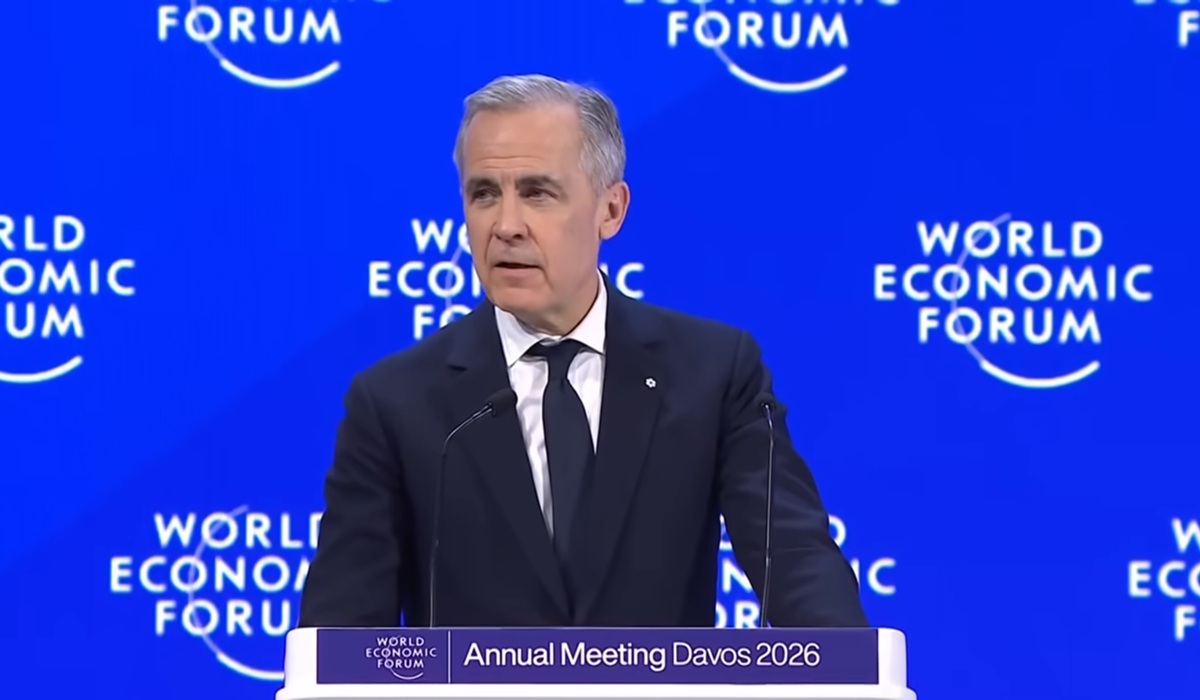The Forgotten Founder of Hennessy and the Tragic Pattern of Black Erasure
Black History 365 isn’t just a slogan—it’s a mission to restore, reclaim, and rewrite the truth. It’s about honoring the architects of culture, economy, and progress whose names were intentionally erased or buried beneath someone else’s credit. This year, we spotlight Pierre Neptune—a name you won’t find on any bottle, but one you should remember every time someone pours a glass of Hennessy.
Neptune was no ordinary man. He was a craftsman, a master distiller, and—according to emerging oral histories and ignored documentation—the real force behind what made Hennessy the global juggernaut it is today. And yet, like so many Black inventors, artists, and innovators before and after him, he died broke, invisible, and buried in an unmarked grave.
His story isn’t just tragic—it’s typical. And that’s the real injustice.
Pierre Neptune was born around 1730 in Saint-Domingue, the brutal French colony now known as Haiti. He was the son of a freedwoman and possibly a French colonial officer, which gave him a rare but fragile path to education and skilled work. In a world fueled by sugarcane and shackles, he learned to distill rum and blend spices using techniques passed down through African and Caribbean oral traditions.
Sometime in the mid-1700s, Neptune was taken to France—likely under indenture, if not outright enslavement—to work in the vineyards of Cognac, a region that was slowly becoming France’s alcohol capital. There, he transitioned from sugar to grapes, from rum to brandy. His brilliance didn’t just lie in the mechanics of distillation but in the artistry of flavor. He experimented with oak aging, spice infusions, and small-batch barrel methods that were unheard of at the time.
Neptune was doing things that hadn’t been taught in European distilleries—because they weren’t from Europe. His knowledge came from the diaspora, from the ancestral know-how of survival, improvisation, and taste.
This was the man Richard Hennessy encountered. A former Irish military officer with land, title, and ambition, Hennessy had the means to build a brand. What he didn’t have was the taste, the technique, or the talent.
Neptune had all three.
For years, Neptune worked in the background, refining the blends that would go on to define Hennessy’s early product line. In the early days, some barrels even carried the discreet initials “PN” etched into their sides. But as the brand grew, and especially once Richard’s son James Hennessy took over and began scaling globally, Neptune’s presence vanished from the record.
He never received royalties. He was never listed as a partner. No deed, no patent, no portrait. When he died—most likely around the early 1800s—he was laid to rest in a pauper’s grave in rural France. No headstone. No family wealth. No legacy. And no thanks.
Meanwhile, the Hennessy family became one of the wealthiest alcohol dynasties in Europe. Today, the Hennessy brand generates billions annually and is owned by LVMH, one of the largest luxury conglomerates on Earth. Its global image leans heavily into Black culture—from brand deals with hip-hop artists to ad campaigns featuring Black creatives. But the Black man who helped create it? Erased.
The Pattern Is the ProblemWhat happened to Pierre Neptune isn’t some one-off tragedy—it’s part of a systemic, ongoing pattern where Black brilliance is commodified but never compensated. And it’s far from unique.
Let’s be honest: the archives of Western innovation are littered with Black names crossed out or never written in the first place.
- Granville T. Woods, a prolific Black inventor in the late 1800s, created vital components for the railway system—including the multiplex telegraph. Thomas Edison tried to steal his patent and later offered to buy him out. Woods refused. He had to fight in court multiple times to retain credit.
- Alice Augusta Ball, a chemist who developed the first effective treatment for leprosy in the early 1900s, had her research stolen by a white male professor who took credit for her work until she was posthumously recognized decades later.
- George Crum, a Black chef, is credited with accidentally inventing the potato chip in 1853. But he was never given the credit (or financial reward) that came when the snack became a billion-dollar industry.
- Henrietta Lacks, whose cancer cells were taken without consent in 1951, has become the foundation for modern medical breakthroughs. Her family received nothing while pharmaceutical companies made billions.
These are not isolated stories. They’re the blueprint of a world that thrives off Black innovation while doing everything in its power to erase Black names from the history books.
Black History 365 means we don’t wait for February to celebrate Black excellence. It also means we don’t wait until people are long dead to tell the truth.
We honor Pierre Neptune not just as a distiller or co-creator of Hennessy, but as a symbol of the millions of Black inventors and artists whose legacies were stolen in plain sight. We don’t need permission from corporations or historical societies to say his name. We claim him now, fully and unapologetically.
And we call on brands like Hennessy—who profit heavily from Black loyalty and culture—to do more than market to us. Acknowledge your origins. Fund research. Tell the truth. Issue public recognition. Set up foundations in the name of the very people who helped build your empire.
To every Pierre Neptune out there—past and present—we see you. We will not let your story end in silence. Black brilliance has shaped every corner of culture, innovation, and industry. And though the system has worked overtime to bury it, we are the generation that digs it back up and shines light on what was always true:
We’ve been the creators. We’ve been the geniuses. And now, we take our place in history.
So next time someone pours a glass of Hennessy, raise it in honor of the man who helped create its soul—Pierre Neptune.
Not just Black history. Black legacy. 365 days a year.









